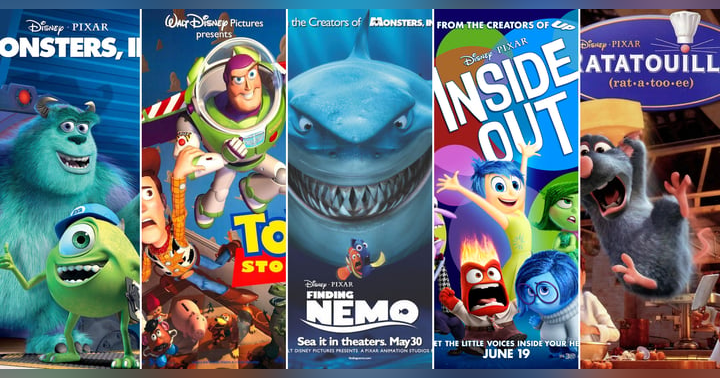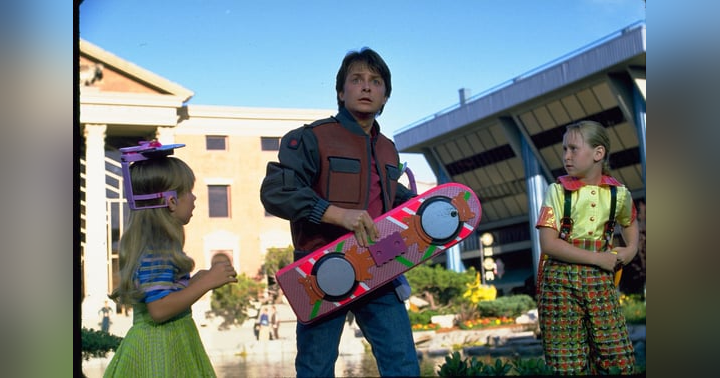Did "Rocky IV" End the Cold War? Analyzing the Cultural Impact of a Cinematic Phenomenon

The Cold War, a period of intense geopolitical tension between the United States and the Soviet Union, was marked by various ideological, political, and cultural clashes. Amidst the nuclear arms race and espionage, cinema became a battleground for these superpowers to project their narratives. One film, in particular, has sparked debate among movie buffs and historians alike regarding its role in this historical context: "Rocky IV." Released in 1985, this fourth instalment of the Rocky series saw the titular character, played by Sylvester Stallone, face off against the formidable Soviet boxer Ivan Drago, portrayed by Dolph Lundgren. But did "Rocky IV" play a role in ending the Cold War, or is this notion merely a cinematic fantasy?
Cinematic Context and Cultural Significance
"Rocky IV" was released when the Cold War was still significant in global politics. The film's narrative, which pits the American underdog Rocky Balboa against the seemingly invincible Soviet machine Ivan Drago, mirrors the real-world tensions between the U.S. and the USSR. The film was more than just a sports drama; it was a cultural artifact that encapsulated the zeitgeist of the 1980s.
The cultural significance of "Rocky IV" cannot be understated. It represented the quintessential American ideals of perseverance, individualism, and triumph against all odds. Conversely, Ivan Drago was depicted as a product of a cold, impersonal Soviet system designed to win at any cost. This stark contrast between the characters was a metaphor for the broader ideological battle between the two superpowers.
The Power of Film in Shaping Public Perception
Cinema has always been a powerful tool in shaping public perception and influencing societal attitudes. "Rocky IV" was no exception. The film's portrayal of the Soviet Union and its emphasis on the American spirit of resilience resonated deeply with audiences in the United States and abroad. It reinforced existing stereotypes and provided moral clarity during a time of great uncertainty.
The final fight between Rocky and Drago, culminating in Rocky's victory and his impassioned speech about change and mutual understanding, struck a chord with many viewers. Rocky's words, "If I can change, and you can change, everybody can change," were seen as a call for reconciliation and the possibility of détente. This message of hope and unity had a profound impact, fostering a sense of optimism that transcended the film.
Reagan's America and the Role of Soft Power
The 1980s were characterized by President Ronald Reagan's aggressive stance towards the Soviet Union, famously dubbing it the "Evil Empire." However, Reagan also understood the importance of soft power—using cultural influence to shape global perceptions. Films like "Rocky IV" became part of this soft power strategy, promoting American values and ideals globally.
Reagan was a fan of the Rocky series, and the film's themes aligned with his administration's rhetoric. The triumph of the individual (Rocky) over the collective (Soviet system) mirrored Reagan's emphasis on free-market capitalism over communism. In this way, "Rocky IV" served as an extension of American foreign policy, subtly reinforcing the notion that the American way of life was superior.
Did "Rocky IV" End the Cold War?
While "Rocky IV" undoubtedly had a significant cultural impact, attributing the end of the Cold War to a single film would be oversimplified. The collapse of the Soviet Union in 1991 resulted from a complex interplay of economic, political, and social factors. The reforms initiated by Soviet leader Mikhail Gorbachev, including glasnost (openness) and perestroika (restructuring), were crucial in dismantling the old regime.
However, the cultural influence of "Rocky IV" and similar films should not be entirely dismissed. They contributed to a shift in public perception and helped humanize the "enemy." By presenting a narrative where change and reconciliation were possible, "Rocky IV" played a role in softening attitudes and opening the door to dialogue.
Legacy and Continued Relevance
The legacy of "Rocky IV" extends beyond its immediate cultural impact. The film remains a popular and enduring piece of 1980s cinema, often revisited for its iconic moments and its encapsulation of Cold War anxieties. Its influence can be seen in subsequent films and media that explore similar themes of East versus West and the triumph of the human spirit.
Moreover, the film's message of unity and change continues to resonate. In today's polarized world, "Rocky IV" themes are as relevant as ever. It reminds us of the power of storytelling in bridging divides and fostering understanding.
Conclusion
In conclusion, while "Rocky IV" did not single-handedly end the Cold War, it played a significant role in shaping the cultural landscape of the time. The film's portrayal of the ideological battle between the United States and the Soviet Union and its message of hope and change left an indelible mark on audiences. It served as a reflection of the era's anxieties and aspirations, contributing to the broader narrative that ultimately led to the end of the Cold War.
"Rocky IV" remains a testament to the power of cinema as a tool for cultural diplomacy and a reminder of the enduring appeal of the underdog story. The film's message is clear whether in the ring or on the world stage: change is possible, and even the most entrenched conflicts can be overcome with perseverance and understanding. As we revisit this iconic film, we are reminded of the ways in which art and history are intertwined, each shaping and reflecting the other in a continuous dialogue.














